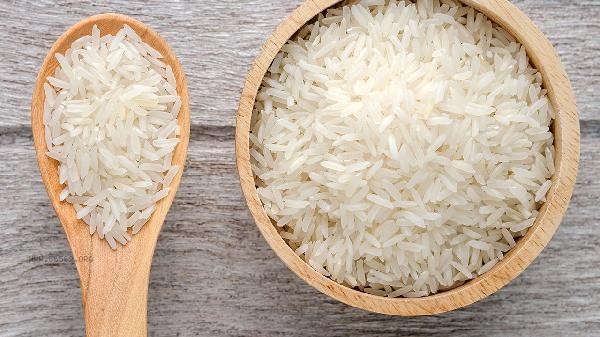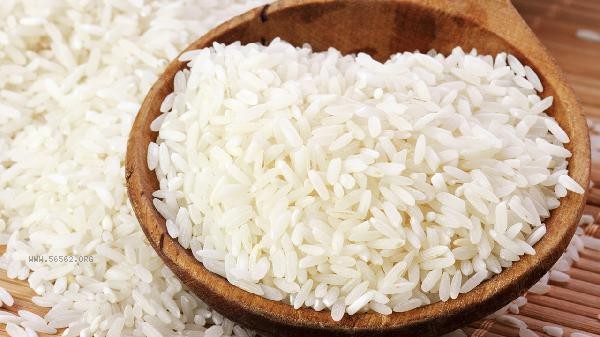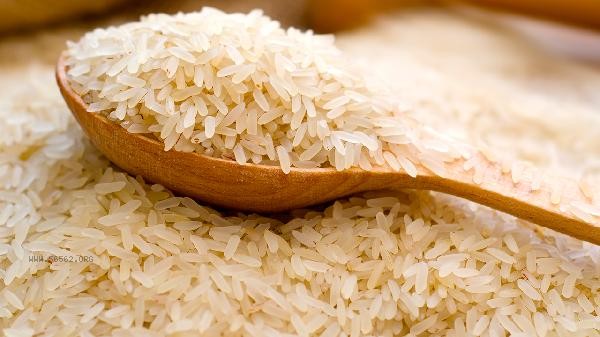Eating undercooked rice may lead to indigestion or gastrointestinal discomfort, but the specific effects depend on the amount consumed and individual differences. Undercooked rice may contain anti nutritional factors and may also pose a risk of microbial contamination. When rice is not fully cooked, the starch is not fully gelatinized, making it difficult for the human body to digest and absorb. Excessive consumption may cause gastrointestinal discomfort symptoms such as bloating and abdominal pain, and some individuals may experience nausea or diarrhea. The anti nutritional factors such as phytic acid in undercooked rice can affect mineral absorption, which may lead to nutritional deficiencies in the long run. Raw rice may carry microorganisms such as Bacillus cereus, which can cause food poisoning upon ingestion, manifested as vomiting or fever. In special circumstances, infants or those with weak digestive function are at higher risk of consuming unripe rice. Immature intestinal development in infants and young children may lead to severe diarrhea or dehydration. Patients undergoing gastrointestinal surgery and those with chronic gastrointestinal diseases should also be vigilant, as unripe rice may exacerbate mucosal irritation or cause intestinal obstruction. Patients with diabetes should pay attention that unglazed starch may cause abnormal blood glucose fluctuations.

It is recommended to ensure that rice is fully boiled for at least 15 minutes during daily cooking, and the rice grains are completely softened and swollen before consumption. If you experience persistent abdominal pain, fever, and other symptoms after consuming unripe rice by mistake, seek medical attention promptly. It can be paired with easily digestible vegetables and high-quality protein foods in daily life to help reduce gastrointestinal burden. Storing rice should be kept dry and ventilated to avoid mold and contamination. Thoroughly washing before cooking can reduce the risk of microorganisms. Those with weak digestive function can choose to cook more soft and rotten Congee instead of dry rice.











Comments (0)
Leave a Comment
No comments yet
Be the first to share your thoughts!